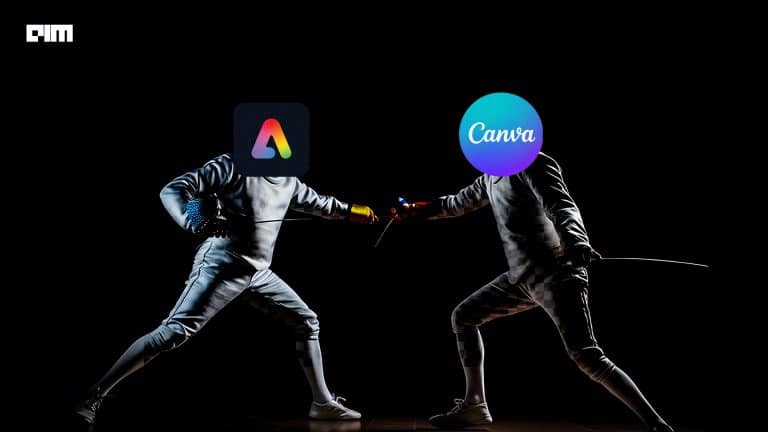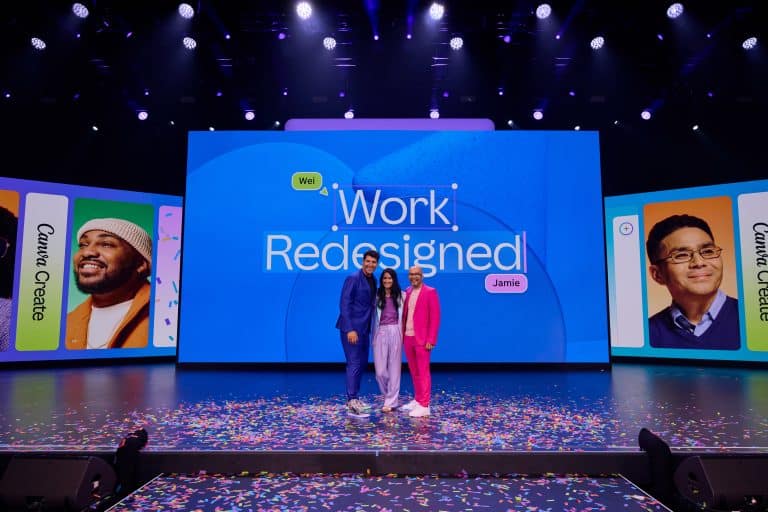In a strategic move to bolster its generative AI capabilities, Canva has acquired Leonardo.Ai, a startup renowned for its generative AI content and research. Canva co-founder and chief product officer Cameron Adams has said that all 120 employees of Leonardo.ai, including the executive team, will join Canva. The acquisition is said to be a mix of cash and stock.
Leonardo.Ai, co-founded by Jachin Bhasme, JJ Fiasson, and Chris Gillis in Sydney in 2022, initially focused on creating video game assets. Over time, the company expanded its platform to cater to diverse industries such as fashion, advertising, and architecture by developing AI models for image creation. Some people call it the biggest competitor to Midjourney.
The company had previously raised over $38.8 million from several backers such as Smash Capital, Blackbird, Side Stage Ventures, Gaorong Capita, Samsung Next, and TIRTA Ventures.
Today, Leonardo.Ai boasts over 19 million registered users and has facilitated the creation of more than a billion images. It provides collaboration tools and a private cloud for various models, including video generators. It also offers API access, enabling customers to develop their own technological infrastructure using Leonardo.Ai’s platform.
A Game Changer?
Despite the acquisition, Leonardo.Ai will continue to operate independently, prioritising rapid innovation and research, now backed by Canva’s resources.
“We’ll keep offering all of Leonardo’s existing tools and solutions. This acquisition aims to help Leonardo develop its platform and deepen its user growth with our investment. This includes expanding their API business and investing in foundational model R&D,” said Adams.
Leonardo.Ai sets itself apart from other generative AI art platforms by providing extensive user control. Features on Live Canvas allow users to input text prompts and make quick sketches, generating photorealistic images in real-time.
However, the methods Leonardo.Ai uses to train its in-house generative models, such as the flagship Phoenix model, remain unclear. This can be challenging for Canva to figure out later.
Canva has been a strong supporter of creators in the generative AI space. The company paid $200 million to compensate creators who allowed their content to be used for training AI models. The acquisition of Leonardo.ai will contribute to Canva’s Magic Studio generative AI suite, enhancing existing tools and introducing new capabilities.
“Magic Studio works on internally-developed AI and ML algorithms that leverage a combination of foundational AI models from our team, including Kaleido, and a variety of partners like OpenAI, Google, AWS, and Runway,” Danny Wu, the head of AI products at Canva, told AIM in a conversation earlier this year.
Canva Hell-Bent on Generative AI
Adams expressed excitement about integrating Leonardo’s technology into Magic Studio. “We’re eager to expand what our users can achieve with AI on Canva,” he said.
Canva has been ramping up its AI development efforts, highlighted by previous acquisitions such as Kaleido in 2021, which laid the groundwork for many of Canva’s recent AI advancements, which is also looking for an IPO soon.
Leonardo.ai is Canva’s eighth acquisition overall and its second this year, following the $380 million acquisition of UK-based design company Affinity. Canva’s robust portfolio includes presentations startup Zeetings, stock photography sites Pixabay and Pexels, and product mockup app Smartmockups.
“We’ve placed a strong focus on building an AI-powered workflow that includes generative solutions like image and design generation,” said Adams. He added that new generative capabilities will help the company set its AI offerings apart.
Meanwhile, competitors such as Figma and Adobe are also making strides in generative AI. Just last month, Figma introduced Figma AI, a suite of AI-powered features to enhance designers’ creativity and productivity.
Adobe has also diversified its portfolio into a generative AI-powered enterprise software platform, introducing Firefly to Photoshop and launched features like Generative Fill and Generative Remove for advanced image editing.
The updates follow Adobe’s failed 20 billion dollar acquisition of Figma due to antitrust scrutiny last year. Now, taking matters into its own hands, the company is reinventing itself with AI. With AI products in the pipeline and a redesigned interface, Figma is gearing up to compete with major players like Adobe and Canva.
































